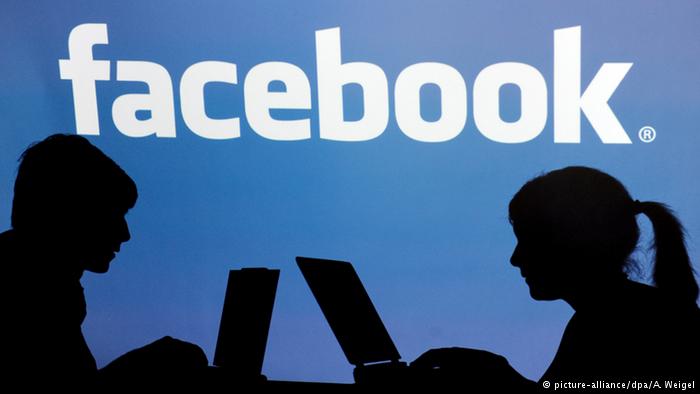On Monday, the social media giant issued its response to the Australian Competition and Consumer Commission, which has been tasked with creating a mandatory code of conduct aimed at levelling the playing field.
The treasurer, Josh Frydenberg, told the ACCC to develop a code after multiple Australian media companies and regional newspapers cut jobs, or folded entirely, as a result of advertising downturn during the Covid-19 pandemic.
Facebook and Google have previously refused to accept they needed to pay for using news content.
In its submission to the watchdog, Facebook said it rejected many of the ACCC’s potential ideas, and said there was a “healthy rivalry” between itself and news organisations.
The social media giant said it supported the idea of a code of conduct between digital platforms and news publishers, but that itself and Google were being “singled out” unfairly.
Facebook also said it could cut out news completely without any significant impact on its business.
“We made a change to our News Feed ranking algorithm in January 2018 to prioritise content from friends and family,” the company said. “These changes had the effect of reducing audience exposure to public content from all pages, including news.
“Notwithstanding this reduction in engagement with news content, the past two years have seen … increased revenues, suggesting both that news content is highly substitutable with other content for our users and that news does not drive significant long-term value for our business.
“If there were no news content available on Facebook in Australia, we are confident the impact on Facebook’s community metrics and revenues in Australia would not be significant.”
Facebook said that news represents “only a very small fraction of the content in the average Facebook users’ newsfeed” because Facebook was primarily a service used to connect with family and friends.
“It is not healthy nor sustainable to expect that two private companies, Facebook and Google, are solely responsible for supporting a public good and solving the challenges faced by the Australian media industry,” it said.
“The code needs to recognise that there is healthy, competitive rivalry in the relationship between digital platforms and news publishers, in that we compete for advertising revenue.”
The company said the revenue-sharing proposal would be forcing them to “subsidise a competitor” and “distort advertising markets, potentially leading to higher prices”.
Despite this, the company said it was still committed to supporting Australian news, and had “invested” in the industry.
Facebook said it had sent 2.3bn clicks to Australian news publishers in the five months from January to May 2020, which they estimated to be worth $195.8m to the news organisations.
“Despite claims of an ‘imbalance’ that should impede the striking of such agreements, we have been steadily increasing our investments in the Australian news ecosystem,” Facebook said. “We continue to ramp up our direct financial contributions to the news industry – not to make a profit – rather because we believe news is a public good and it plays an important social function.”
Instead of the ACCC’s proposal of a body that could issue financial penalties and binding dispute resolution, Facebook proposed the creation of an “Australian Digital News Council” that will mediate complaints from news organisations, based on the Australian Press Council as a model.
The social media company also objected to the focus on itself and Google, and disputed the idea that it “possesses unequal bargaining power compared to some of the largest media companies in Australia”.
“The decision to limit the initial version of the code to two US companies is discriminatory and will inevitably give an unfair advantage to Facebook’s competitors in the technology sector, including rivals from countries that propagate different and undesirable visions for the internet.”
More about: #Facebook
















































